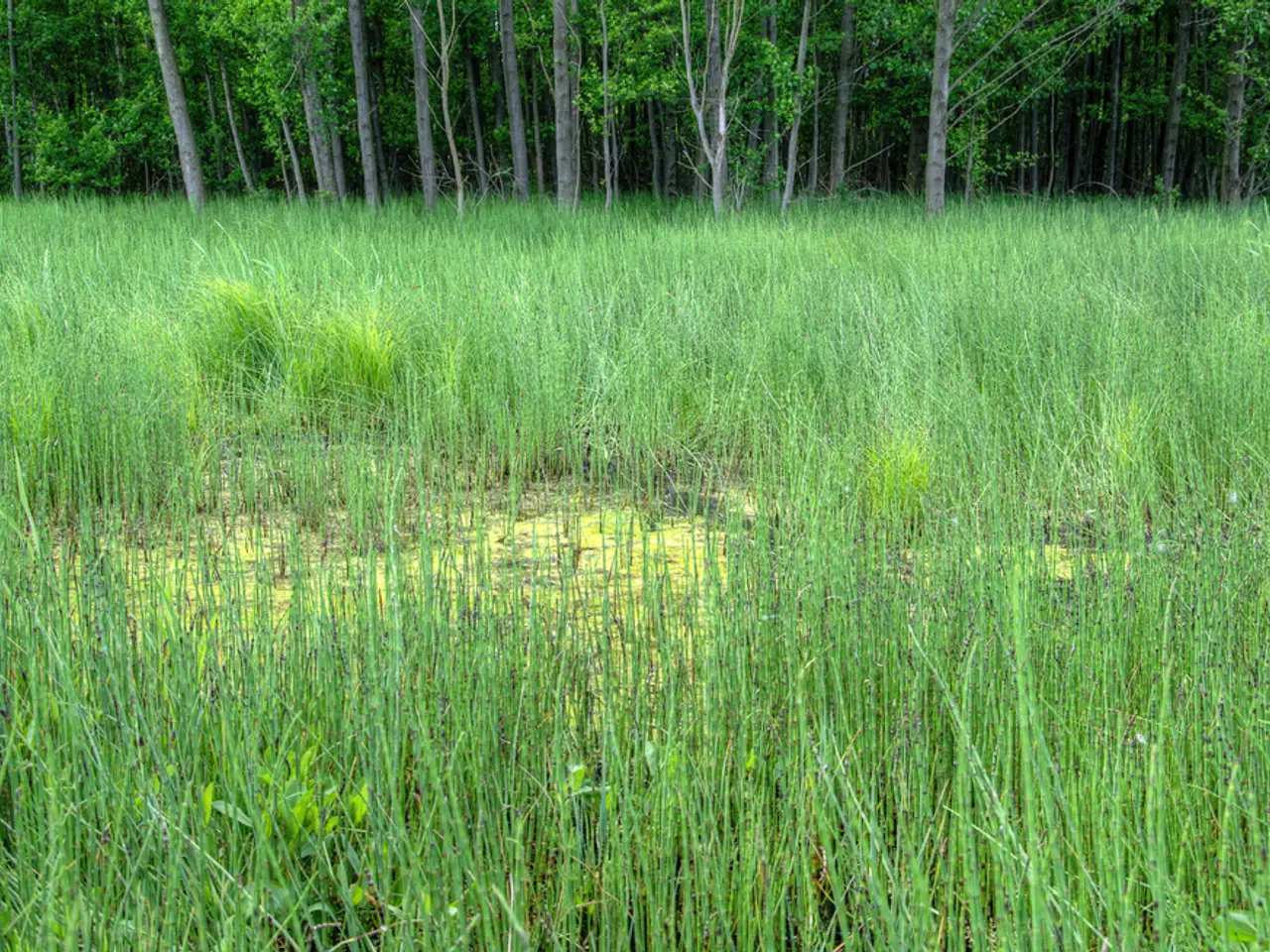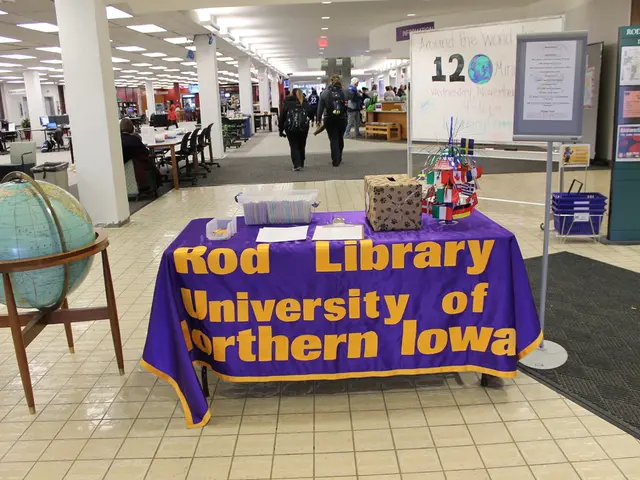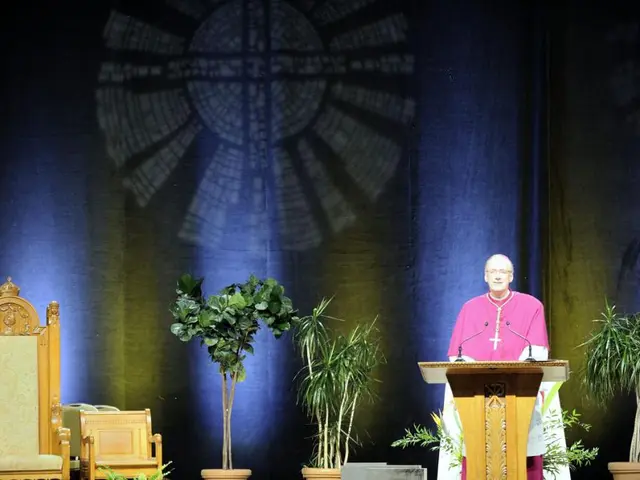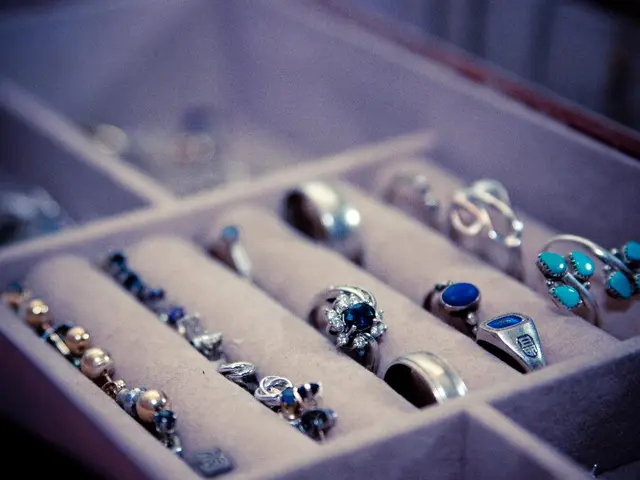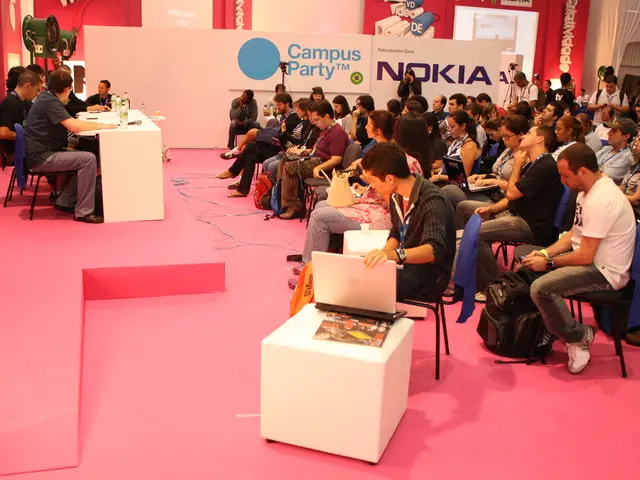American wheat farmers anxiously await the loyalty of their international buyers amidst heavy reliance on foreign sales
In the heart of the Pacific Northwest, the ongoing trade war between the United States and several Southeast Asian countries has caused a stir during a recent trade delegation visit to Washington state.
The visit, organised by the Washington Grain Commission, a trade group with decades of experience in building relationships with foreign buyers, saw a group of delegates from Indonesia, Thailand, Vietnam, and the Philippines touring USDA labs operating in conjunction with Washington State University. The purpose of the visit was to inspect the state's wheat fields and bakery product production.
During the visit, the delegates were shown new experimental seed varieties being tested at WSU and a test kitchen where Northwest wheat is used to make artisan breads and noodles. The visit aimed to reassure the foreign buyers that the U.S. is still a reliable source for their wheat needs, despite the current political climate and volatility.
However, Jim Moyer, a retired university agronomist, left the visit feeling reassured but also concerned. He expressed that the agricultural sector is in a recession and the uncertainty caused by the trade war makes it nearly impossible to plan for the future.
The concern stems from President Trump's imposition of a roughly 20% tariff on imports from these Southeast Asian countries. This tariff could potentially drive up costs for American farmers, as many fear these countries may respond with retaliatory tariffs.
Furthermore, farmers in the state are facing higher prices for fertilizer due to Trump's tariffs, as most of it is imported from Canada. Additionally, equipment prices are soaring due to lingering inflation and supply chain problems stemming from the pandemic.
Despite these challenges, farmers in eastern Washington are trying to reassure their foreign buyers that the U.S. is still a good place to do business. Tom Kammerzell, a farmer with roots in eastern Washington’s Palouse, mentioned that this year's wheat harvest has been better than expected but farmers are only getting about $5 a bushel due to a global wheat glut.
The visit also shed light on a controversial event earlier this year. A respected director at a federal lab visited by the delegates was fired by President Trump's DOGE team but was quickly reinstated after an uproar.
Washington state is the nation's top wheat exporting state, with about 90% of all the wheat grown in the state being exported. About 90% of the dryland wheat grown in Washington is trucked or shipped by river barge to West Coast ports.
Despite the reluctance of the delegates to do on-the-record interviews, the visit provided a glimpse into the challenges faced by the agricultural sector in the state and the ongoing efforts to maintain trade relationships in the face of political and economic uncertainties.
